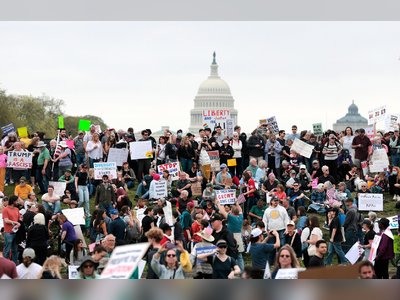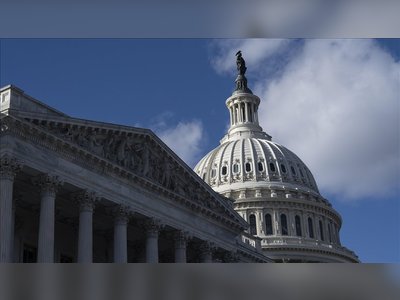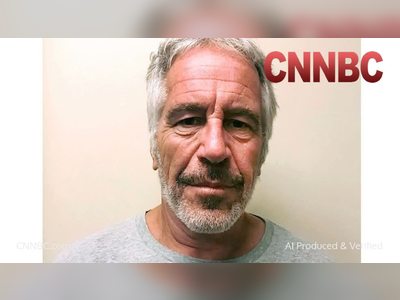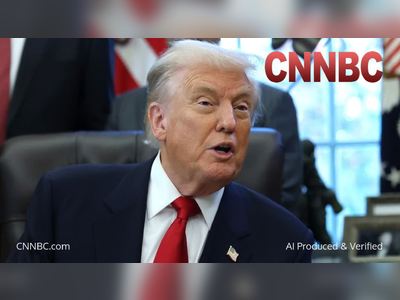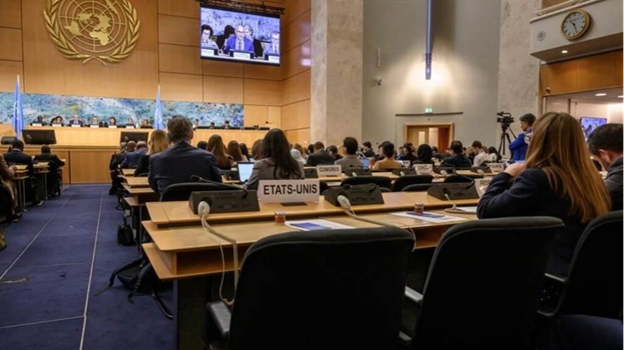
U.S. Skips United Nations Human Rights Review for First Time
Washington declines to participate in its scheduled Universal Periodic Review before the UN Human Rights Council
The United States did not attend its scheduled Universal Periodic Review (UPR) before the United Nations Human Rights Council in Geneva on November 7, 2025, marking a historic first in the mechanism’s close to two-decade history.
U.S. officials informed the United Nations of the decision in August and cited concerns about the council’s perceived bias and lack of reform.
The UPR is a peer-review mechanism covering all 193 member states every four to five years.
The U.S. had participated in previous reviews but now joins only one other country, Israel (which initially refused in 2013), in rejecting the forum.
In the absence of a U.S. submission or delegation, the review could not proceed and has been tentatively rescheduled for November 2026.
Rights groups and foreign governments criticised Washington’s withdrawal.
One advocacy organisation described it as “walking away” from its responsibilities as a human-rights leader, while United Nations officials warned the move undermines the global system of accountability.
The U.S. State Department responded by saying the country remains proud of its record and resists being lectured by states such as China, Venezuela or Sudan that it regards as rights-abusing.
Civil-society actors—including more than 150 non-governmental organisations that submitted reports in advance of the review—held parallel sessions in Geneva to raise concerns about U.S. practices: immigration enforcement operations by U.S. Immigration and Customs Enforcement, militarised riot responses, and limits on civic and media freedom.
Their absence of government participation increased scrutiny of these issues.
The decision to disengage comes amid a broader trend of the U.S. scaling back involvement in multilateral rights bodies.
Earlier in 2025 the Trump administration pulled back from the Human Rights Council entirely, citing its alleged hostility to allies and mis-handling of major violations.
Some analysts now say Washington risks forfeiting the moral-authority foundation that underpins its role as a defender of human rights around the world.
Whether the U.S. will attend the rescheduled session in 2026 remains uncertain.
Observers say that if it does not re-engage, it could set a precedent that allows other states to bypass review and weaken a key pillar of international rights oversight.
U.S. officials informed the United Nations of the decision in August and cited concerns about the council’s perceived bias and lack of reform.
The UPR is a peer-review mechanism covering all 193 member states every four to five years.
The U.S. had participated in previous reviews but now joins only one other country, Israel (which initially refused in 2013), in rejecting the forum.
In the absence of a U.S. submission or delegation, the review could not proceed and has been tentatively rescheduled for November 2026.
Rights groups and foreign governments criticised Washington’s withdrawal.
One advocacy organisation described it as “walking away” from its responsibilities as a human-rights leader, while United Nations officials warned the move undermines the global system of accountability.
The U.S. State Department responded by saying the country remains proud of its record and resists being lectured by states such as China, Venezuela or Sudan that it regards as rights-abusing.
Civil-society actors—including more than 150 non-governmental organisations that submitted reports in advance of the review—held parallel sessions in Geneva to raise concerns about U.S. practices: immigration enforcement operations by U.S. Immigration and Customs Enforcement, militarised riot responses, and limits on civic and media freedom.
Their absence of government participation increased scrutiny of these issues.
The decision to disengage comes amid a broader trend of the U.S. scaling back involvement in multilateral rights bodies.
Earlier in 2025 the Trump administration pulled back from the Human Rights Council entirely, citing its alleged hostility to allies and mis-handling of major violations.
Some analysts now say Washington risks forfeiting the moral-authority foundation that underpins its role as a defender of human rights around the world.
Whether the U.S. will attend the rescheduled session in 2026 remains uncertain.
Observers say that if it does not re-engage, it could set a precedent that allows other states to bypass review and weaken a key pillar of international rights oversight.




